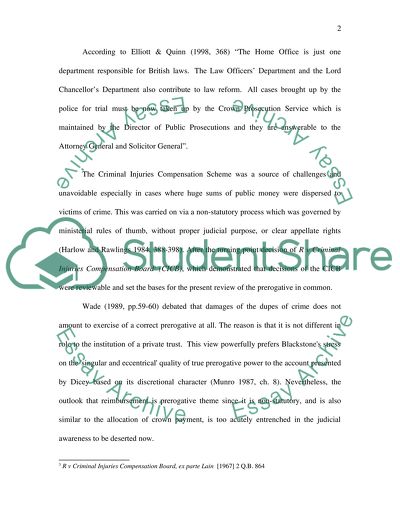Cite this document
(“Constitutional and Administrative Law Coursework Essay”, n.d.)
Constitutional and Administrative Law Coursework Essay. Retrieved from https://studentshare.org/law/1533855-constitutional-and-administrative-law-coursework
Constitutional and Administrative Law Coursework Essay. Retrieved from https://studentshare.org/law/1533855-constitutional-and-administrative-law-coursework
(Constitutional and Administrative Law Coursework Essay)
Constitutional and Administrative Law Coursework Essay. https://studentshare.org/law/1533855-constitutional-and-administrative-law-coursework.
Constitutional and Administrative Law Coursework Essay. https://studentshare.org/law/1533855-constitutional-and-administrative-law-coursework.
“Constitutional and Administrative Law Coursework Essay”, n.d. https://studentshare.org/law/1533855-constitutional-and-administrative-law-coursework.


